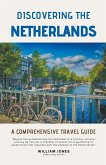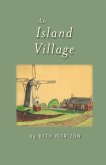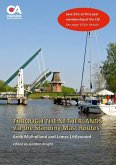History of Belgium, And Information Tourism. Early history and Culture. The population of Belgium is divided into three linguistic communities. In the north the Flemings, who constitute more than half of Belgium's population, speak Flemish, which is equivalent to Dutch (sometimes called Netherlandic). In the south the French-speaking Walloons make up about one-third of the country's population. About one-tenth of the people are completely bilingual, but a majority have some knowledge of both French and Flemish. The German-language region in eastern Liège province, containing a small fraction of the Belgian population, consists of several communes around Eupen and Saint-Vith (Sankt-Vith). The city of Brussels comprises a number of officially bilingual communes, although the metropolitan area extends far into the surrounding Flemish and Walloon communes. The French-speaking population is by far the larger in the capital region. Bruxellois, a regionally distinct dialect influenced by both French and Flemish is also spoken by a small segment of the city's inhabitants. During the 19th and early 20th centuries, Belgium's managerial, professional, and administrative ranks were filled almost entirely by the French-speaking segment of the population, even in Flanders. The Flemings long protested what they felt was the exclusion of the average nonbilingual Fleming from effective participation in everyday dealings concerning law, medicine, government administration, and industrial employment. The Flemings, after gradually gaining greater numerical and political strength, eventually forced reforms that established Flanders as a unilingual Flemish-speaking area, provided Flemings with access to political and economic power, and established a degree of regional autonomy. Many disputes and much rancour remain between Flemish- and French-speaking Belgians, however








